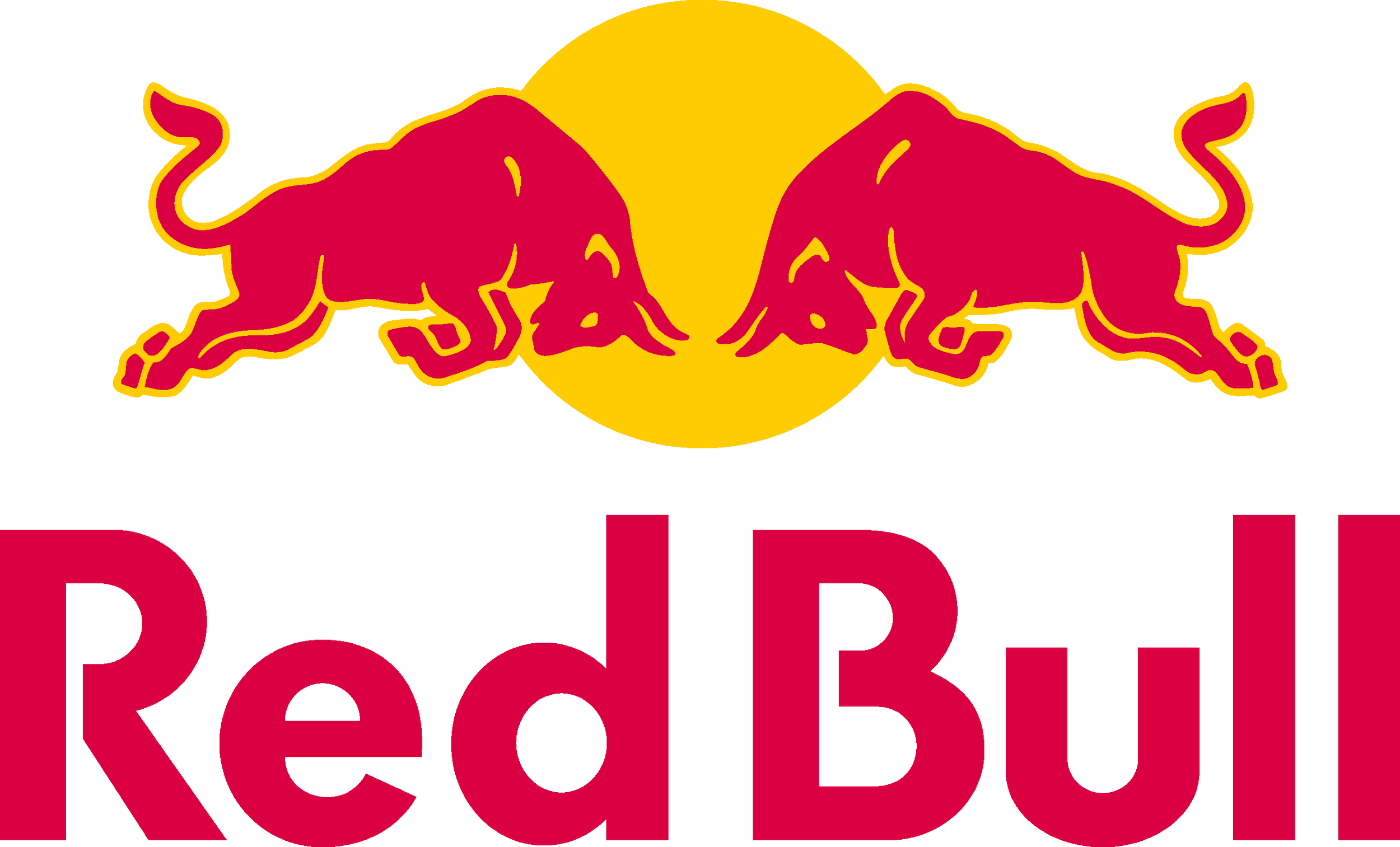
Ace your Data engineering interview
Designed and taught by top Data engineers, this course will give you a preparation strategy to ace the toughest interviews at the Tier-1 companies.
Our Success
Class Features
Program Design
Covering data structures, algorithms, system design, interview-relevant topics, and career coaching.
Individualized teaching and 1:1 help
Technical coaching, homework assistance, solutions discussion, and individual session
Mock interviews with top engineers
Live interview practice in real-life simulated environments with top-tier interviewers
Personalized feedback
Constructive, structured, and actionable insights for improved interview performance
Career skills development
Resume building, LinkedIn profile optimization, personal branding, and live behavioral workshops
100% Money-Back Guarantee*
If you do well in our course but still don't land a domain-relevant job, we'll refund 100% of the tuition you paid for the course.*
Instructors from Top Tier Companies
Our instructors work at top companies such as Cigna, Visa, Deloitte, Nike, KPMG, and many more!
Program outlook
This is how we make your interview ready. Our learners spend about 10 hours each week on this course.
Foundational Content
Get high-quality video and course material for the week’s topic.
Online Live Sessions
Live trainings covering interview-relevant Back-end concepts.
Practice problems and case studies
Apply the concepts taught in live sessions to solve assignments questions.
Assignment Review Sessions
Attend review sessions that provide solutions and feedback on the current week assignments.
Doubt-Solving Sessions
Live doubt-solving sessions with instructors.
Personal Coaching
Personalized coaching sessions from instructors.
Our curriculum
-
1.Sorting
Introduction to Sorting
Basics of Asymptotic Analysis and Worst Case & Average Case Analysis
Different Sorting Algorithms and their comparison
Algorithm paradigms like Divide & Conquer, Decrease & Conquer, Transform & Conquer
2.Presorting
Extensions of Merge Sort, Quick Sort, Heap Sort
Common sorting-related coding interview problems
3.Recursion
Recursion as a Lazy Manager's Strategy
Recursive Mathematical Functions
Combinatorial Enumeration
Backtracking
Exhaustive Enumeration & General Template
Common recursion- and backtracking-related coding interview problems
4.Trees
Dictionaries & Sets, Hash Tables
Modeling data as Binary Trees and Binary Search Tree and performing different operations over them
Tree Traversals and Constructions
BFS Coding Patterns
DFS Coding Patterns
Tree Construction from its traversals
Common trees-related coding interview problems
5.Graphs
Overview of Graphs
Problem definition of the 7 Bridges of Konigsberg and its connection with Graph theory
What is a graph, and when do you model a problem as a Graph?
How to store a Graph in memory (Adjacency Lists, Adjacency Matrices, Adjacency Maps)
Graphs traversal: BFS and DFS, BFS Tree, DFS stack-based implementation
A general template to solve any problems modeled as Graphs
Graphs in Interviews
Common graphs-related coding interview problems
6.Dynamic Programming
Dynamic Programming Introduction
Modeling problems as recursive mathematical functions
Detecting overlapping subproblems
Top-down Memorization
Bottom-up Tabulation
Optimizing Bottom-up Tabulation
Common DP-related coding interview problems
-
1.Online Processing Systems
The client-server model of Online processing
Top-down steps for system design interview
Depth and breadth analysis
Cryptographic hash function
Network Protocols, Web Server, Hash Index
Scaling
Performance Metrics of a Scalable System
SLOs and SLAs
Proxy: Reverse and Forward
Load balancing
CAP Theorem
Content Distribution Networks
Cache
Sharding
Consistent Hashing
Storage
Case Studies: URL Shortener, Instagram, Uber, Twitter, Messaging/Chat Services
2.Batch Processing Systems
Inverted Index
External Sort Merge
K-way External Sort-Merge
Distributed File System
Map-reduce Framework
Distributed Sorting
Case Studies: Search Engine, Graph Processor, Typeahead Suggestions, Recommendation Systems
3.Stream Processing Systems
Case Studies: on APM, Social Connections, Netflix, Google Maps, Trending Topics, YouTube
-
1.SQL Programming
Derive business insights for a food delivery app by writing SQL queries
Comprehensive coverage of topics from intermediate-level concepts such as Case Statements and subqueries to advanced SQL functions such as joins and analytical functions
Application of window functions as lead, lag functions to evaluate day-over-day insight on business performance
Use rank and dense rank functions to understand merchants’ reach in the market
Complex SQL problems on customer-merchant pairwise dependence using a variety of functions and operators
Deep dive into joins, their type, and comparison of left join vs. right join vs. outer join vs. broadcast join
Thematic coverage of frequently asked interview problems through template problems
A step-by-step guide to what you can expect in an interview and how to tackle them in a time-constrained environment
2.Data Modeling
Design Data Warehouse tables for Uber or a similar ride-sharing platform
Coming up with a conceptual and logical model, define data granularity
Define the fact and dimension tables with high-level attributes
Best practices on how to choose keys and constraints for the entities
Discussion on how to normalize tables
How to handle cases of Slowly Changing Dimensions
Thematic discussion on interview problems from Meta, Amazon, Twitter, and Uber
Learn how to decide your data warehouse schema: Star vs. Snowflake schema design
A step-by-step guide to approaching atypical interview questions
3.ETL and Pipeline Design
Create a data pipeline for near-real-time ingestion of Netflix clickstream/playback data. Design for ad-hoc monitoring of certain metrics
Comprehensive coverage of different stages of design: Upstream, ETL environment, and downstream requirements
Gain interview perspective on essential ETL design techniques such as handling data ingestion, different file formats, data granularity, landing and storage levels, and reporting metrics
Detailed outline of performance parameters depending on data granularity, volume, velocity, accepted latency, etc.
A top-down approach to building a high-level architecture: Identify available technology at each stage
Follow-up question
How often do you update your data in DW?
Pipeline has been fine for 6 months; now, certain marketplaces have more aggressively incoming data. How would you handle that? What changes would you make to your design if new data is more unstructured?
Discussion on trivial but important questions: What is being monitored? Does everything go into one monitoring dashboard?
What would the architecture look like for the ML platform that uses this data?
Discussion on the role of DE in large-scale, multi-faceted systems, what you can expect in an interview, and how to tackle them in a time-constrained environment
4.Data Platforms
Design a data platform for a gaming company. Understand data-driven approach in deciding business metrics
Breaking down high-level components of Data Platform design: Ingestion, Warehousing, Transformation, Catalog and Governance, Privacy & Access, and Visualization
Structured discussion on how to define data flow and come up with a DAG
Learn how to design high-performance platforms at scale
How do you implement a production-ready design using Kafka and Spark? Orchestrate your pipeline using Airflow (or alternate services)
How do you define your success metrics? How do you gauge the relevance of your data? At what frequency do we capture and process it?
How do we ensure data backup, and at what scale?
Discussion of optimization techniques at scale like partitioning, distributed platform, cloud services, etc.
An insightful discussion on Product Sense, working with different aspects of data engineering systems, what you can expect in an interview, and how to tackle them in a time-constrained environment
Get up to 15 mock interviews
What makes our mock interviews awesome
Instructors from Tier-1 companies
Interview with the best. No one will prepare you better!
Domain-specific Interviews
Practice for your target domain
Detailed personalized feedback
Identify and work on your improvement areas
Transparent, non-anonymous interviews
Get the most realistic experience possible
Internship Opportunities

What we will discuss in your free session?
Identify your skill sets
We will get to know your background and career goals.
Enhancing your skills
We recommend the areas you must focus on to enhance your career.
Identify the skills needed
We show you how you can accelerate your learning with Educo Group’s instructors.
Getting Started
We show you our pricing and how to get started











